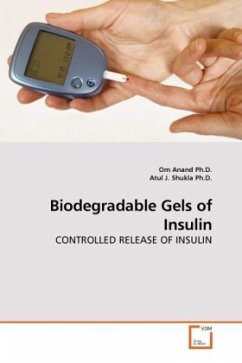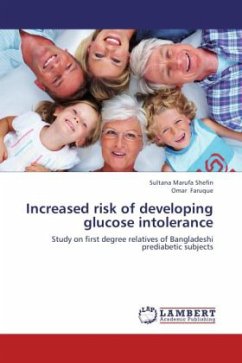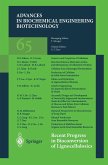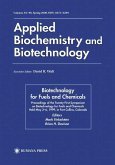The objective of the study was to develop a controlled release dosage form of insulin, which can provide basal concentrations of insulin in diabetic rats for 1 to 2 weeks after a single subcutaneous injection. A biodegradable injectable drug delivery gel was prepared by dissolving a biodegradable polymer, polylactic-co-glycolic acid (PLGA), in biocompatible plasticizer(s), triethyl citrate (TEC) and/or acetyl triethyl citrate (ATEC). Insulin or modified insulin was then loaded into the blank gel to form insulin or modified insulin suspension in the polymer solution. After the insulin-loaded gel was injected subcutaneously, the insulin or modified insulin was released slowly from the depot by a combination of drug diffusion and erosion of the polymer. The formulation prepared with 5% PLGA, ATEC: TEC (3:1) and 4% modified insulin glargine was able to suppress the blood glucose concentrations of the ZDF rats significantly for 10 days after a single subcutaneous injection. The addition of zinc sulfate to the formulations prepared with purified insulin glargine particles further slowed down the drop in blood glucose concentrations.








